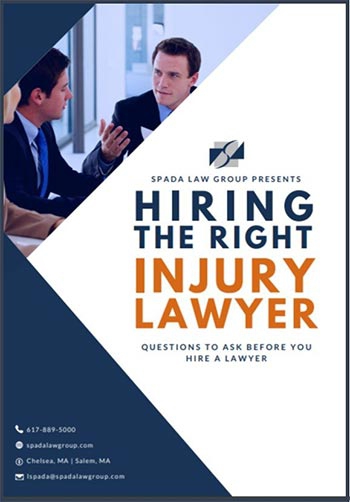When a devastating accident causes the death of a loved one, it can shake the foundations of a family unit, especially when the loss was preventable.
The person or party whose negligent actions lead to the loss of someone's life can be held legally liable by surviving family members with the help of a wrongful death lawsuit. This allows the family to seek justice and receive proper financial compensation after the accident.
Filing a Wrongful Death Lawsuit
A wrongful death lawsuit is similar to a personal injury lawsuit, in that it's typically based around the legal concept of negligence. Negligence means there was a failure to take reasonable care to prevent an accident or death in certain circumstances.
Some examples of typical reasons for a wrongful death lawsuit include:
- Car, truck, or motorcycle accidents, including DUI accidents
- Bicycle accidents
- Pedestrian accidents
- Swimming pool accidents
- Medical malpractice
- Slip and fall accidents due to wet floors, loose tiling, or other hazards
Massachusetts law has several exceptions to wrongful death lawsuits. Employers may not be sued for wrongful death if an employee is killed on the job, nor can a railroad company be sued for a loss of life if the deceased was either on train tracks or nearby. Similarly, streetcar operators are also protected from wrongful death lawsuits if the deceased was killed on or near tracks if the accident didn't happen at a road or sidewalk crossing.
These situations may be covered under other sections of law, so speak to an attorney about your case if you think one of these exceptions may apply.
Who Can File a Wrongful Death Lawsuit
Each state has individual laws for wrongful death. In Massachusetts, the only party who can legally file a wrongful death lawsuit is the executor or administrator of the decedent’s estate. This is often a surviving spouse, though a different person may be named in a will or as a part of a comprehensive estate plan.
It’s important to note that a wrongful death lawsuit is filed in the civil court system, which operates independently from the criminal court system. A criminal case, whether pending or concluded with a verdict, doesn't have any bearing on the filing of a civil lawsuit by survivors seeking financial compensation. In many situations, it's common to see both types of court cases happening at the same time.
Similarly, even if the state attorney decides not to pursue criminal charges, or a jury in a criminal case returns a not guilty verdict, a wrongful death lawsuit in civil court is still possible.
Damages in a Wrongful Death Lawsuit
In a successful wrongful death lawsuit, families receive financial compensation in the form of damages. The type of damages depends on the specifics of your case, but some common examples include compensation for:
- The cost of medical treatment related to the accident before death
- Lost income the deceased would have earned in his or her lifetime
- Loss of benefits, such as retirement or pension, the deceased would have collected
- Expenses related to a funeral, burial, or final disposition
- The loss of companionship, care, comfort, and guidance of the deceased
In certain situations, punitive damages may be awarded as well. These damages are based on the level of recklessness or malicious behavior by the person who caused the accident, rather than the losses to the family.
Punitive damages are designed to provide strong financial punishment to the responsible party, as well as discourage others from acting in a similar manner in the future. Punitive damage awards aren't always available, so talk to your attorney to find out whether they're appropriate in your case.
How to Get Legal Help
Survivors have only three years to begin a wrongful death lawsuit before the ability to make a claim expires. Although it may be hard to imagine acting so soon after losing a loved one, it’s also critical to start the process promptly to ensure preservation of evidence. An experienced wrongful death attorney will focus on the legal aspects of your case so that you and your family can seek the closure necessary to move forward.
Spada Law Group understands this is a difficult time for you and your family, and you have our sympathies for your loss. Please reach out to us by phone or complete the brief contact form on this page for a free consultation to find out how we can be of service to you in this time of need.

